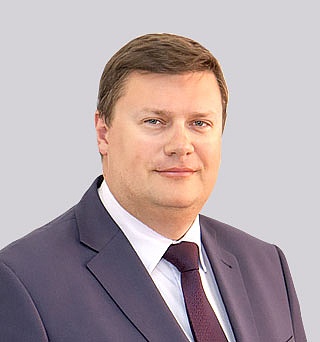New tax relief for IT industry
17 July 2020On 23 June 2020 President Vladimir Putin announced the next set of measures to amend tax legislation to help the Russian economy overcome the crisis caused by the COVID-19 pandemic.
Most of the new tax changes relate to companies in the IT industry, for which a so-called 'tax manoeuvre' has been proposed in order to significantly reduce the corporate income tax rate for such companies from 20% at present to 3%. This reduction will be unlimited rather than run for a specific period. The proposed change will be relevant for large IT companies, which due to their size cannot use special tax regimes that replace the payment of a number of taxes (including corporate income tax) with a single tax payable at 6% or 15%.
In addition, the premium tax rate will be significantly reduced (by up to 7.6%). Insurance premiums accrued on employee salaries are traditionally one of the most significant taxes for the IT industry. Despite the fact that lower premium rates have been provided for such companies for a long time and tax rates have been reduced for small businesses since 1 April 2020, the decision has been made to provide IT companies with an additional benefit for this type of compulsory payment.
Similar to previously existing benefits, the measures will not be available to all companies in any way related to the development or implementation of software, but only to those whose revenues are mainly derived from such activities. At present, IT companies with at least 90% of their revenue derived from the sale of software and services for its development or maintenance receive special tax benefits.
It is assumed that this tax reform will facilitate the export of Russian software and support its developers in the face of falling demand in the domestic market. However, the fall in budget revenues as a result of such preferences are expected to be offset by other sources. In particular, the possibility of repealing the provision of Article 149 of the Tax Code, which exempts operations with computer programs (both the alienation of exclusive rights and the granting of licences) from value added tax (VAT), is currently under discussion. If this provision is repealed, VAT will be charged on the IT industry's main products at a rate of 20%.
As a compensatory measure, it is proposed to pay subsidies to cover the payment of this tax for Russian companies whose software is included in a special register of Russian software. So far, this proposal is under development and the conditions may change. However, if it is implemented in this form, foreign computer programmers and their distributors offering products for sale in Russia will incur the main losses from repealing the VAT exemption.










